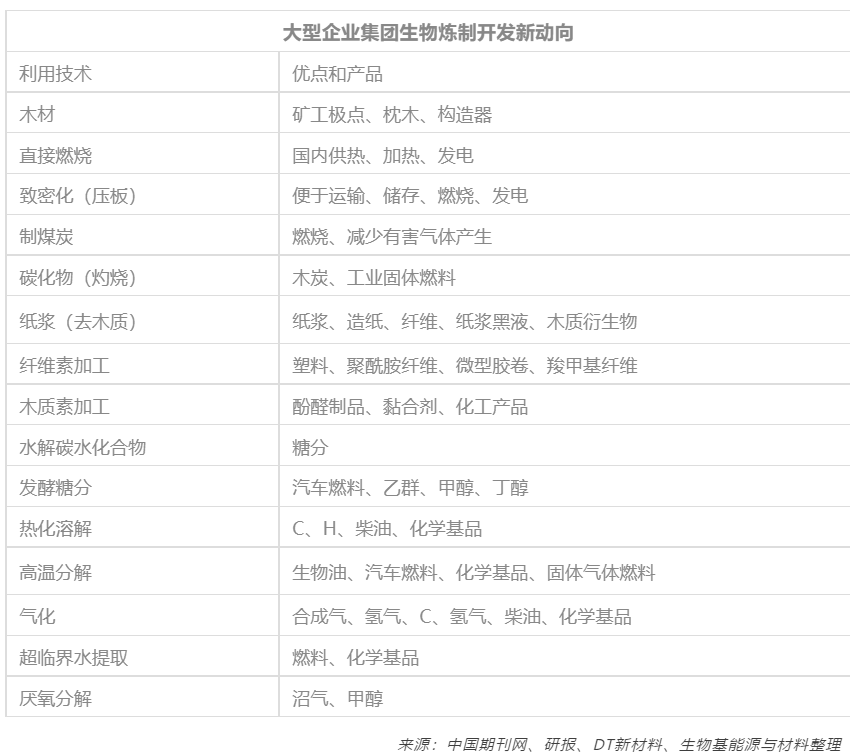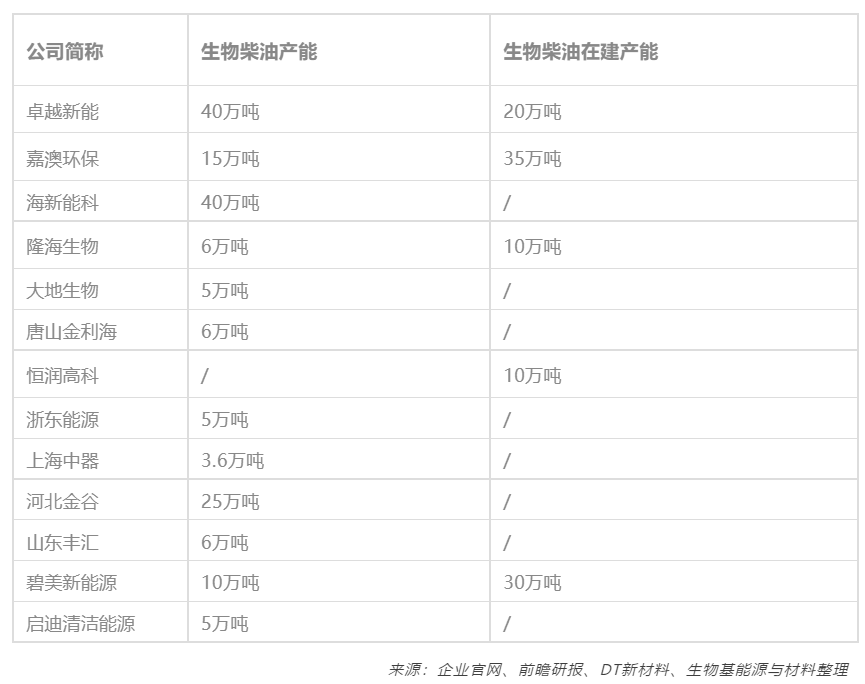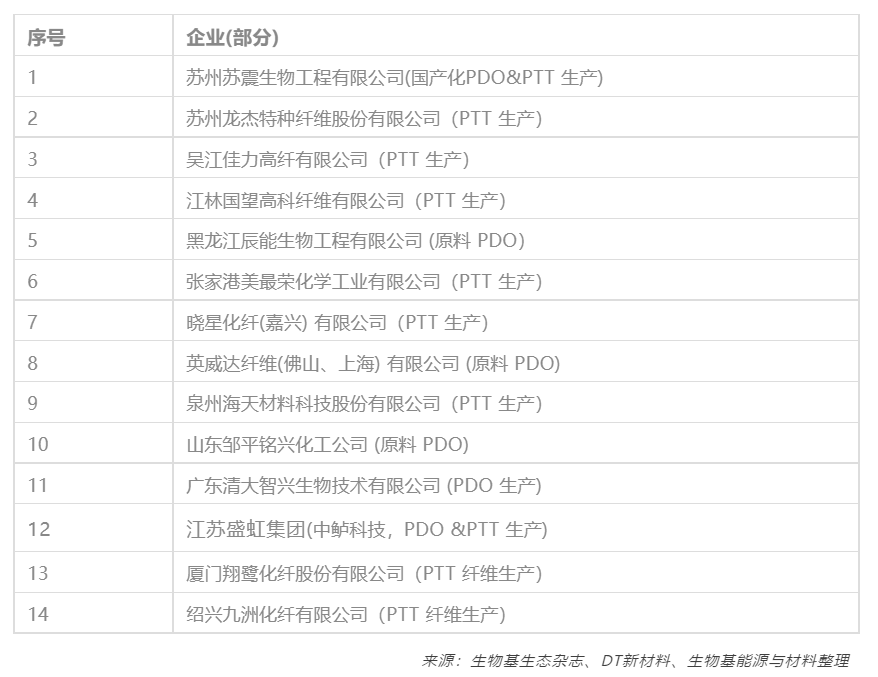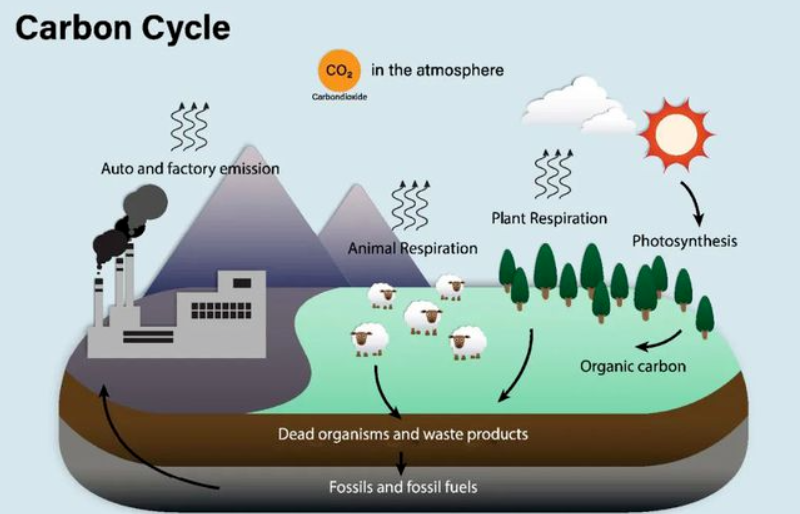Carbon is the material basis for the evolution of life. In addition to fossil resources such as oil and coal as carbon carriers, biomass is the only renewable resource that contains carbon. Humanity’s basic necessities of life are highly dependent on fossil resources such as oil, natural gas, and coal. These fossil resources come from biomass produced hundreds of millions of years ago. Theoretically, biomass can completely replace these fossil resources to support human necessities. Therefore, “biorefinery” ”The concept came into being.
Biorefining
Biorefinery uses renewable biomass as raw materials to produce a series of new industrial models of chemicals, materials, and energy through biological, chemical, physical methods, or an integration of these methods. Calculated in terms of carbon, the scale is about 95 billion tons to 100 billion tons. The fossil resources currently used in industry are only about 10 billion tons in terms of carbon. As long as one-tenth of the biomass resources flow into industry, we can meet our needs.

Biomass is divided into major categories. The largest category is fiber straw, including forest, pasture, crop straw, etc.; the second category is starch, sugar, and grain; the third category is oil. Grease is an important type of biomass. Grease has a wide range of industrial applications, such as the production of surfactants, biodiesel, etc.
Regarding the production of chemical products from lipid biomass raw materials, Professor Liu Dehua of Tsinghua University has led the team to do a lot of research since 30 years ago, and has cooperated with enterprises to build multiple sets (including the world’s first set) of enzymatic biodiesel industrialization equipment. Achieved technology export to Brazil, Malaysia and other countries. At the same time, it also researched the technology of using biodiesel by-product glycerol to ferment to produce 1,3-propanediol (the core raw material of high-end chemical fiber), and successively built a number of 1,3-propanediol fermentation production lines, breaking the 20-year-long restriction of foreign corporate giants on this. monopoly.
Biodiesel
The current annual production and sales of biodiesel in the world is close to 50 million tons. The mainstream process uses chemical methods. Although chemical methods are mature and large-scale, the disadvantages of the process are also obvious. During the production process, a lot of chemical substances will be produced. Acid or alkaline wastewater.

Relatively speaking, biological methods can react at normal temperatures and pressures with low energy consumption. They are truly green and efficient methods. However, due to cost issues, they have not become the mainstream process for biodiesel production. In order to overcome the cost problem of biodiesel,
To promote the industrialization of biodiesel, Professor Liu’s team made breakthroughs starting from the process. Lipase, which could only be used a few times under the same conditions, can now be used more than 300 times. While retaining the original advantages of the biological method, it has improved the efficiency of the biological method. economic competitiveness. This technology has currently applied for patents in more than 20 countries, and has simultaneously built multiple sets of production equipment in cooperation with relevant domestic and foreign units.
The world’s first enzymatic biodiesel plant was completed and put into operation on December 18, 2006. The products were sold to Europe. The current production capacity is 50,000 tons per year. Later, other domestic manufacturers also started operations. Currently, there are two other production lines in the country. operation, and several production lines are under construction.
Based on Malaysia’s advantages in biomass resources, Tsinghua University is also actively conducting technical exchanges and cooperation with it. Not long ago, the Tsinghua University-Malaysian Palm Oil Board (MPOB) Bioenergy and Bio-based Materials Project Cooperation and Exchange Meeting was held in the Department of Chemical Engineering of Tsinghua University. The industrialization project of implementing enzymatic biodiesel technology overseas is about to start. By then, abundant Palm oil resources produce biodiesel.
1,3-Propanediol (PDO)
Thirty years ago, glycerol was in short supply. Professor Liu’s team used biological fermentation to produce glycerin. However, due to the rapid development of biodiesel, the price of glycerol has plummeted. Professor Liu’s team began to bioconvert glycerol into 1,3-propanediol as the main chemical monomer of PTT. China’s PET production capacity exceeds 70 million tons. The large-scale production of PTT is expected to partially replace PET and reduce the textile industry’s dependence on fossil energy.
The first-generation biological refining technology for 1,3-propanediol was finally licensed to Jiangsu Shenghong Group, a global Fortune 500 company, and a 20,000-ton 1,3-propanediol production unit was built. Shenghong then built a supporting facility of 50,000 tons. The PTT device industry chain ranges from oil refining to final spinning, printing and dyeing, becoming China’s first enterprise with a full industry chain, breaking DuPont’s monopoly on this.

The second-generation biological method for refining 1,3-propanediol still uses glycerol as raw material. After improving the process parameters and bacterial strains, Tsinghua University cooperated with Guangdong Qingda Zhixing Company to achieve the production of 15,000 tons/year PDO. Products have been sold to Europe, the United States, Japan and South Korea, as well as the domestic polyester and cosmetics industries. Since then, Professor Liu’s team has continued to develop technology for fermenting PDO using various sugars as raw materials, and has also successively achieved industrialization.
Biorefinery and carbon neutrality
In 2015, the carbon reduction potential brought about by the energy utilization of various waste biomass resources in China was approximately close to 400 million tons of carbon dioxide. It is estimated that by 2030, the carbon reduction effect of China’s waste biomass energy utilization will be equivalent to the national carbon dioxide 4.87%-7.18% of total emissions. The shift from mineral refining to biorefining is a new milestone in the development of human society, which will have a profound impact on economy, society, technology, and culture. This transformation is the material and energy basis for economic development from unsustainable to sustainable development, a link that closely connects agriculture and industry, and an important starting point for carbon neutrality and rural revitalization. Carbon neutrality is not only my country’s solemn commitment to respond to climate change, but also an important national policy to achieve fundamental changes in my country’s economic, social and environmental environment. It is also a major initiative for my country to explore the road to a new civilization for mankind and achieve peaceful development.

The heating demand of my country’s manufacturing industry can be completely met by biomass energy, and the distributed heating demand can be realized through molded fuel supporting professional biomass thermal energy equipment. Of course, given the volume of energy consumption in our country, it is difficult to meet demand with our own resources alone. Therefore, it is possible to establish a structure with biomass renewable fuel as the core and Belt and Road renewable energy cooperation as the goal. For my country, importing large amounts of renewable fuels to replace fossil fuels can not only maintain the competitiveness of the manufacturing industry, but also solve the problem of carbon emission constraints, and help promote the export of energy equipment and services. At the same time, we will help countries and regions along the Belt and Road establish green energy infrastructure, achieve mutual benefit and win-win results, and build a community of a shared future for green development.
Biomass energy is expected to become a carbon-neutral weapon. Petroleum refining created the glory of the chemical engineering discipline and industry in the last century. Whether biorefining can continue to be brilliant in the new century depends on the joint efforts of everyone.



 微信扫一扫打赏
微信扫一扫打赏
